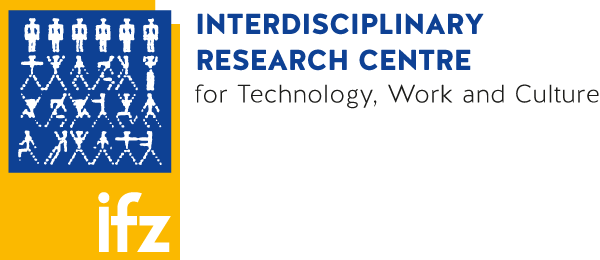Public Procurement
In order to achieve their environmental and economic policy goals, Austria and the EU rely on the instrument "public procurement". The public administration should use its enormous purchasing power to influence the market and increasingly offer innovative and sustainable solutions. A challenging undertaking.
In our projects on public procurement, we investigate the extent to which sustainability criteria are used in public procurement, collect factors that influence the use of sustainable and innovative solutions and determine the environmental relief potential of these solutions.
For more information, please contact Angelika Tisch.
Research Topic
